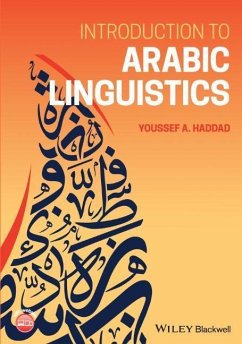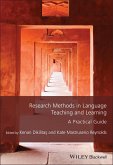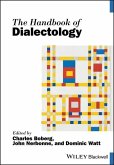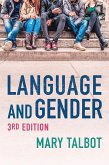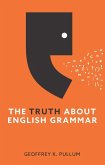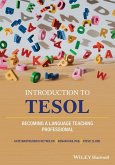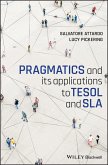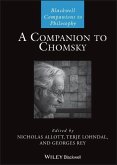A comprehensive introduction to the linguistic fundamentals of modern Arabic, ideal for Arabic language learners as well as speakers interested in developing a richer understanding of language use and behavior
Introduction to Arabic Linguistics presents a clear and engaging overview of the core linguistic aspects of modern Arabic, focusing on Modern Standard Arabic and Levantine Arabic. Designed to be welcoming for undergraduates without fluency in Arabic and for students with only limited familiarity with linguistics, this textbook covers all fundamental areas of Arabic linguistics. Detailed yet accessible chapters include comprehension and analysis questions, critical thinking exercises, application examples with authentic data, reading assignments, and classroom and homework projects.
This valuable textbook is organized into three units which cover sounds and sound systems, word structure and meaning, and phrases and phrase structure. Author Youssef Haddad draws from both the Arabic grammatical tradition and recent linguistic research to provide students with a solid foundation in the linguistic features and structures of Arabic sounds, words, and phrases. Topics include phonological processes, derivational morphology, noun and verb phrases, sentence structure, structural ambiguity, and more.
_ Discusses key topics in the formal study of Arabic linguistics, suitable for Arabic speakers and language learners
_ Encourages students to investigate a dialect not covered in the book at different levels of linguistic analysis
_ Answers many of the most common and relevant questions in the field of Arabic linguistics
_ Includes a typological and historical overview of the Arabic language
_ Offers an instructor's website with additional exercises, practice questions, PowerPoint presentations, and answer keys
Introduction to Arabic Linguistics is the perfect textbook for undergraduates in modern language and linguistic courses and a valuable resource for graduate students in Arabic studies or linguistics programs.
Introduction to Arabic Linguistics presents a clear and engaging overview of the core linguistic aspects of modern Arabic, focusing on Modern Standard Arabic and Levantine Arabic. Designed to be welcoming for undergraduates without fluency in Arabic and for students with only limited familiarity with linguistics, this textbook covers all fundamental areas of Arabic linguistics. Detailed yet accessible chapters include comprehension and analysis questions, critical thinking exercises, application examples with authentic data, reading assignments, and classroom and homework projects.
This valuable textbook is organized into three units which cover sounds and sound systems, word structure and meaning, and phrases and phrase structure. Author Youssef Haddad draws from both the Arabic grammatical tradition and recent linguistic research to provide students with a solid foundation in the linguistic features and structures of Arabic sounds, words, and phrases. Topics include phonological processes, derivational morphology, noun and verb phrases, sentence structure, structural ambiguity, and more.
_ Discusses key topics in the formal study of Arabic linguistics, suitable for Arabic speakers and language learners
_ Encourages students to investigate a dialect not covered in the book at different levels of linguistic analysis
_ Answers many of the most common and relevant questions in the field of Arabic linguistics
_ Includes a typological and historical overview of the Arabic language
_ Offers an instructor's website with additional exercises, practice questions, PowerPoint presentations, and answer keys
Introduction to Arabic Linguistics is the perfect textbook for undergraduates in modern language and linguistic courses and a valuable resource for graduate students in Arabic studies or linguistics programs.
"Introduction to Arabic Linguistics by Youssef Haddad is the finest such discussion I have seen of how educated speakers of Arabic experience the linguistics situation of the Arab world, characterized by Arabic diglossia and multilingualism. This book is far richer and more detailed in its treatment of the topics considered in many regards than earlier similar publications. Given its depth and theoretically framed discussion, it is also more useful in many regards than standard reference grammars--a different genre of work, of course--that may ultimately contain more detail but do not seek to demonstrate the underlying systematicity of the language."
--Keith Walters, Professor Emeritus of Applied Linguistics, Portland State University
--Keith Walters, Professor Emeritus of Applied Linguistics, Portland State University

